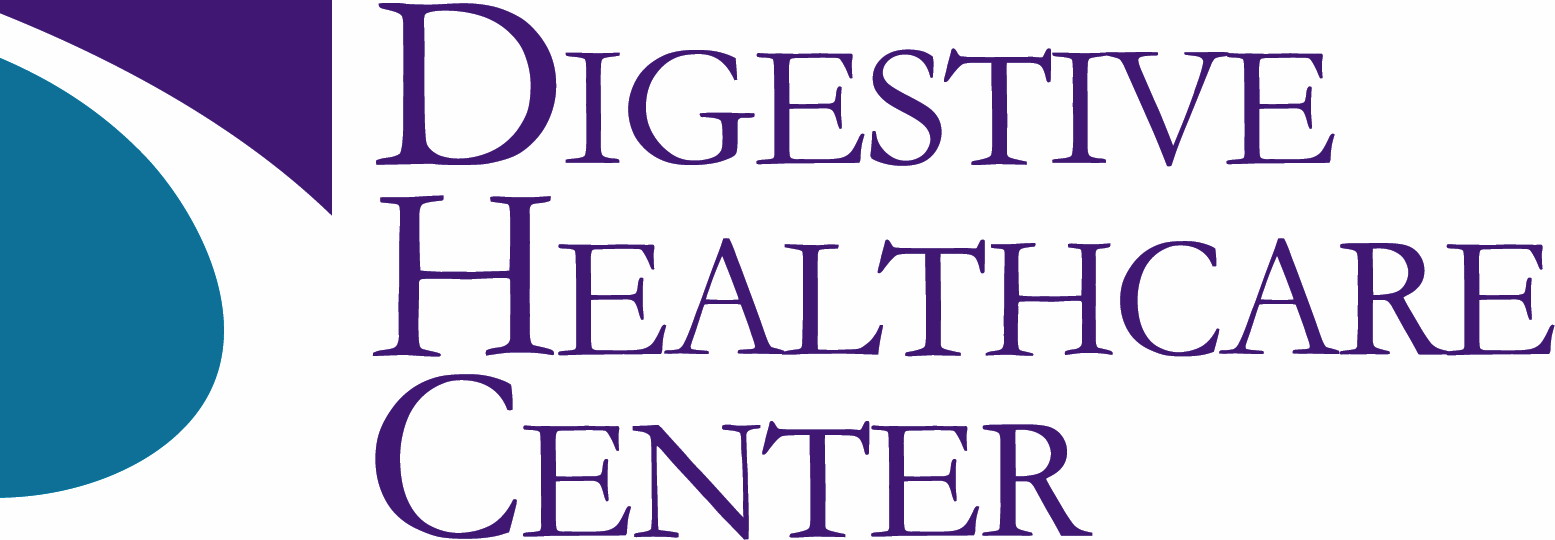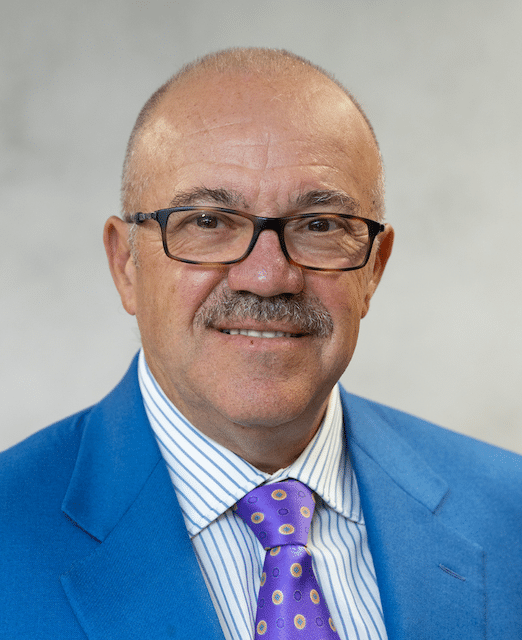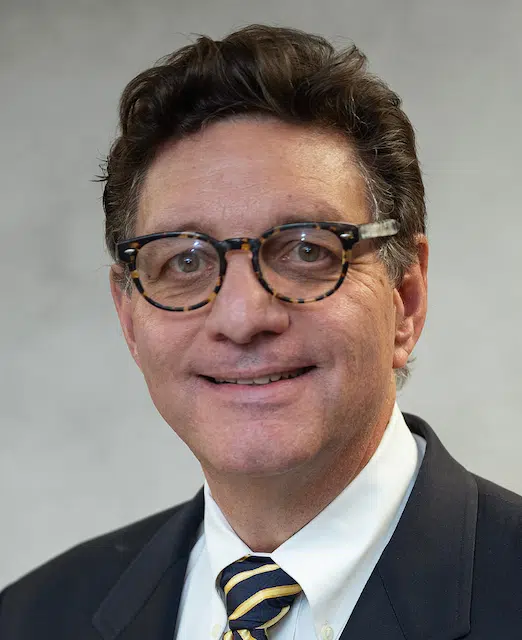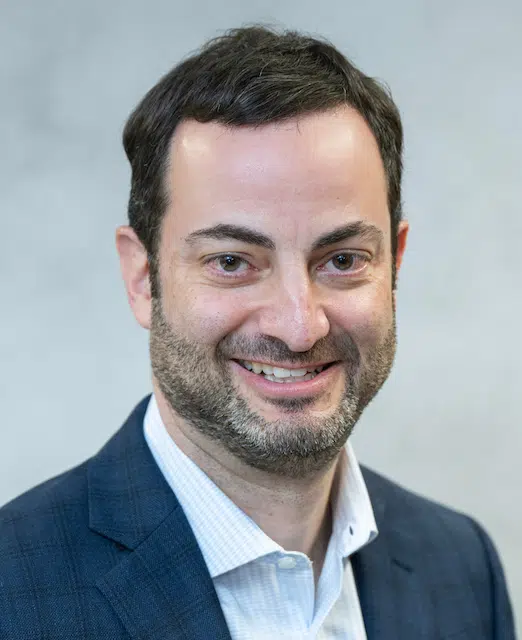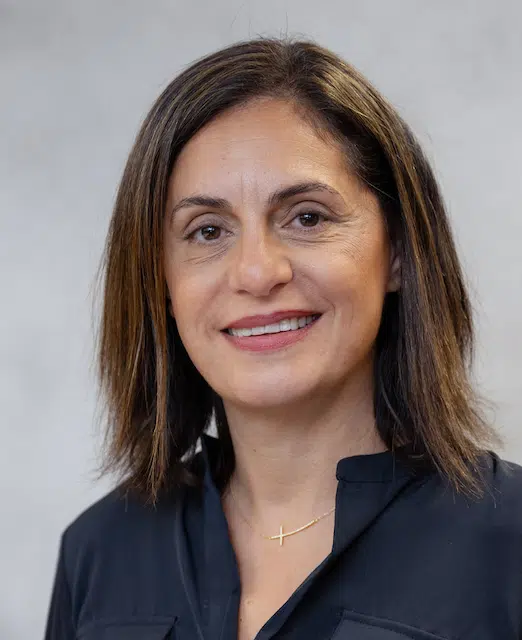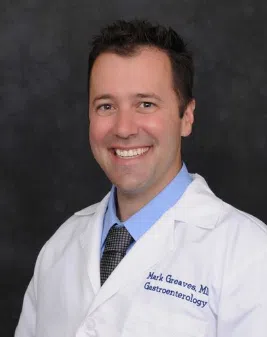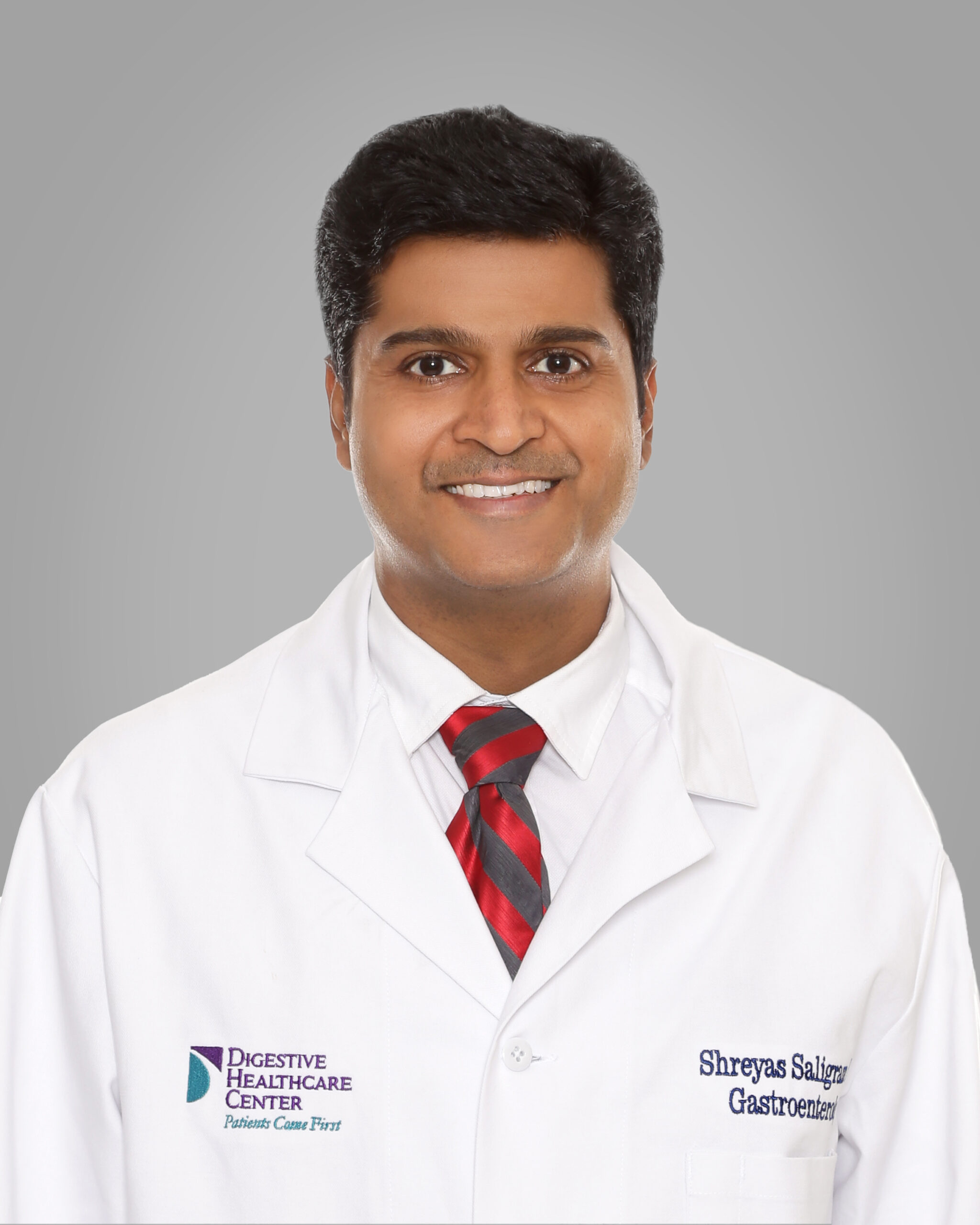What is Flexible Sigmoidoscopy?
Similar to colonoscopy, flexible sigmoidoscopy is a test that enables your physician at DHC to look at the inside of the colon, specifically the lower two feet. The scope is introduced through the anus and then advanced through the rectum and the left side of the colon to the splenic flexure. The test is performed to determine the cause of certain digestive health symptoms, and sometimes to look for polyps or cancers in this portion of the colon. Flexible sigmoidoscopy is not sufficient to detect polyps or cancer in the ascending or transverse colon (remaining two-thirds of the colon). If your doctor at DHC determines that a flexible sigmoidoscopy would benefit you, we will make sure that you fully understand the procedure and all steps of the process.
Why is Flexible Sigmoidoscopy Performed in NJ?
Physicians may use flexible sigmoidoscopy to determine the cause of diarrhea, abdominal pain, or constipation. The test is also commonly used for those experiencing rectal bleeding, especially when the bleeding is bright red. It is also used to look for early signs of cancer in the descending colon and rectum. With flexible sigmoidoscopy, the physician can see bleeding, inflammation, abnormal growths (such as hemorrhoids), and ulcers in the colon. This is crucial because the sooner these issues are identified, the more likely it is that treatment will be successful. If polyps are identified during a flexible sigmoidoscopy, the next step will be a colonoscopy so the rest of the colon can be thoroughly examined.
How Should I Prepare for Flexible Sigmoidoscopy?
This procedure is usually performed WITHOUT sedation. It requires an enema preparation, usually without an overnight fast. Before your appointment, your doctor will give you detailed instructions on how to prepare for the procedure. Following the instructions exactly, including taking the enema at the right time before your appointment, will ensure that the lower part of the colon is cleaned enough for an accurate examination. Your doctor will also inform you about any medications you may need to stop taking in the days before the exam.
What Happens During Flexible Sigmoidoscopy?
During the procedure, you will lie on your left side on the examining table. The physician will insert a short, flexible, lighted tube into your rectum and slowly guide it into your colon. The tube is called a sigmoidoscope. The scope transmits an image of the inside of the rectum and colon, so the physician can carefully examine the lining of these organs. The scope also blows air into these organs, which inflates them and helps the physician see better. The exam typically takes 15 minutes or less, and you may experience mild abdominal cramping as the scope is moved. Many patients find that taking slow, deep breaths can help to lessen the cramps. Our team will be happy to answer any questions you have before the procedure.
What are the Possible Complications of Flexible Sigmoidoscopy?
Flexible sigmoidoscopy is considered a safe and well-tolerated procedure. However, most medical procedures have certain risks. Risks during flexible sigmoidoscopy can include bleeding, perforation of the colon, or more severe abdominal pain. Most cases of bleeding occur in patients who have polyps removed, and bleeding that occurs as a result of flexible sigmoidoscopy can be treated right away. Your physician will discuss your medical and surgical history with you before the procedure as well, and answer any questions you may have.
At Digestive Healthcare Center, our physicians perform flexible sigmoidoscopy at all three of our New Jersey office locations. Our team will work closely with you to ensure that you are informed about the procedure and understand the entire process. Please schedule an appointment at one of our NJ gastroenterology centers to learn more:
Gastroenterology Care and Education in New Jersey
At DHC, our goal is to help each patient address the cause of uncomfortable or concerning digestive issues and get on track to healthier living. Along with meeting patients in our offices, we offer telemedicine appointments so patients can schedule an appointment whenever is most convenient for them, and speak to one of our physicians from the comfort of their home. Our team is skilled in performing flexible sigmoidoscopy and several other gastroenterology procedures to diagnose and treat digestive health conditions. To learn more and to schedule an appointment, please contact us today.
